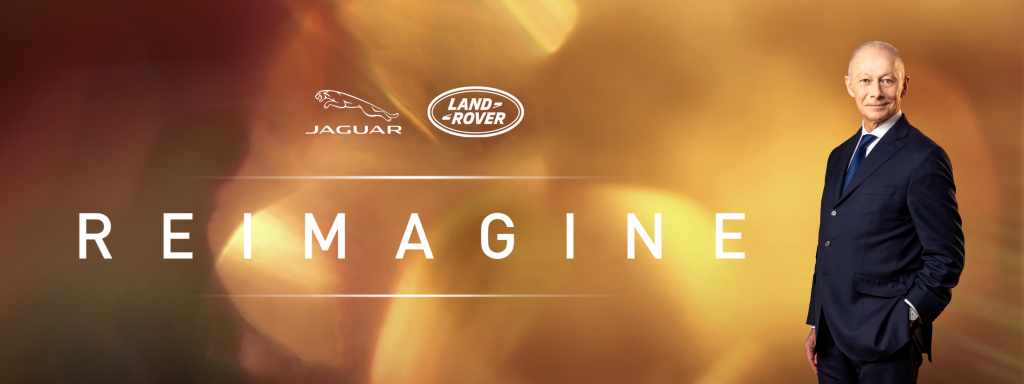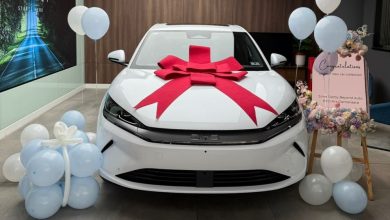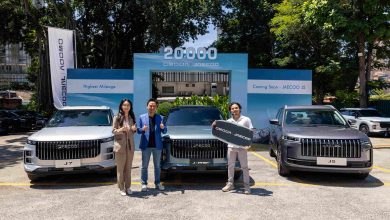Jaguar To Become An All-Electric Luxury Marque From 2025
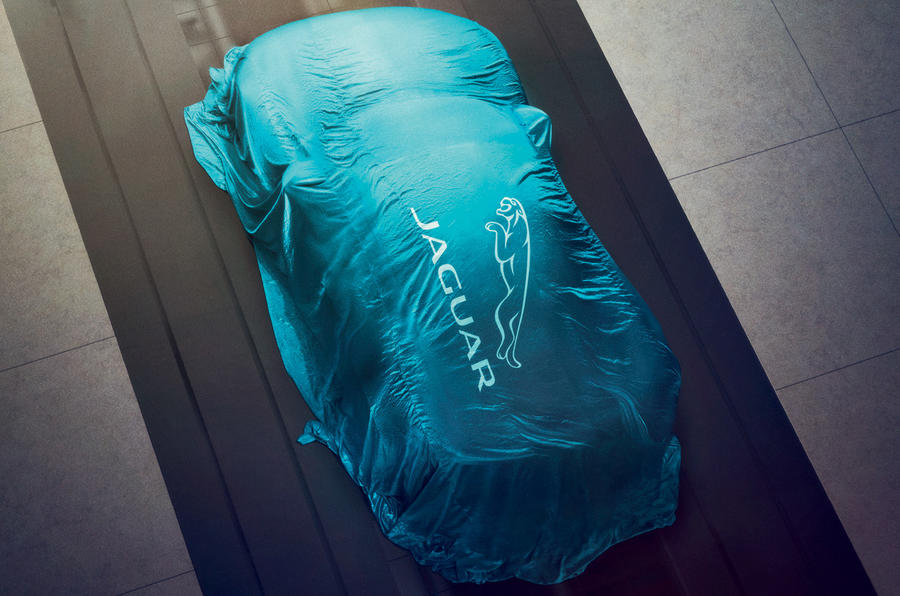
Every Jaguar and Land Rover model will receive a fully electrified variant in its lineup by 2030.
With each passing day now, it is slowly but surely coming to a point where the death of the internal combustion engine in new cars (and in developed countries at least) is all but confirmed for the near future.
This is not only is this because of the various governments that are imposing bans on solely petrol or diesel powered cars, but the automakers themselves are also beginning to one-by-one announce the date in which it would stop producing fuel burning cars altogether. The latest of which being Jaguar, which has recently announced that it would soon transition towards being an all-electric luxury marque from 2025 onwards.
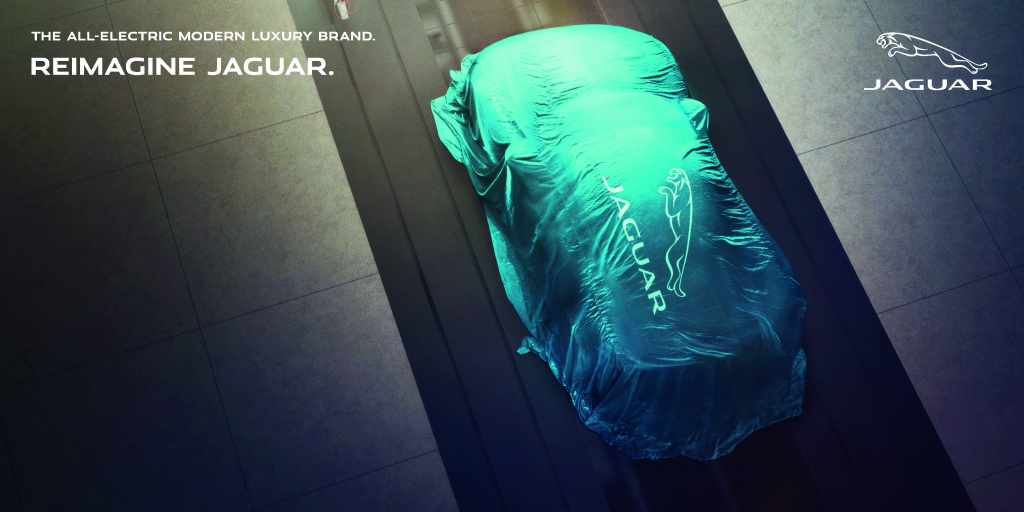
Part of JLR’s new CEO, Thierry Bollore’s ambitious REIMAGINE turnaround plan for the financially struggling auto conglomerate, this latest brand transformation will also see to future Jaguar EVs be designed with a greater emphasis on quality over volume. A plan which aims to drive the luxury marque further upmarket than it already is currently, perhaps even pushing the firm into competition with the likes of Bentley in the future.
Land Rover meanwhile will also be steadily pushed further upmarket in the near future, though it will not be undergo a fully electric transformation like its sister company just yet. Then again, the British SUV firm has targeted to add 6 new all-electric variants in its existing model lineup in the coming 5 years, with its first all-electric model arriving in 2024.
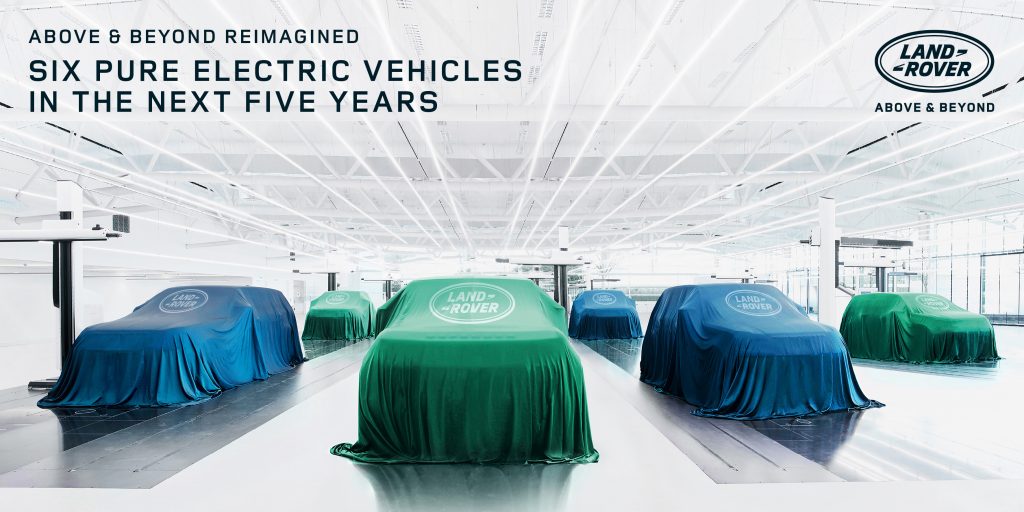
In order to fulfil these lofty electrification ambitions, a total of three new architectures will underpin all future JLR products. Two of which are dedicated to Land Rover: a Modular Longitudinal Architecture, which allows for combustion engine and EV models, and the electric-biased Electric Modular Architecture (EMA), which is said to support advanced electrified combustion engines.
As for the third platform, it will be a pure-BEV base that is tailored exclusively for use by Jaguar. Incidentally, it was the development of this new clean-sheet architecture that was given as the official reason as to why plans for what was to be the next all-electric XJ had been scrapped. It is nevertheless worth noting though that the new JLR boss has stated that the XJ name may not be completely dead yet, and might soon see an all-electric return in the future.
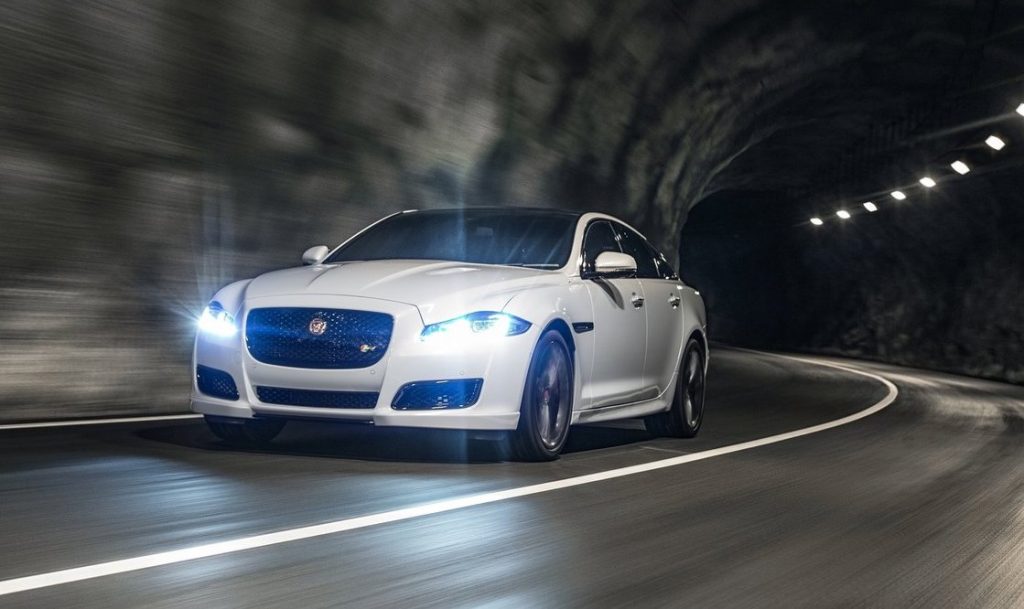
Now going back to the topic of culling things, JLR has confirmed that there will be no culling of its domestic or international manufacturing facilities. What is being streamlined on the other hand are both firm’s current lineup, with only the popular, profitable models that will be surviving on to the next product cycle.
Additionally, it is reported that Jaguar will revert to a more sedan-centric lineup in the future, while Land Rover will continue to be the conglomerate’s SUV arm. That said, an all-electric Jaguar sports car is not off the table just yet too.
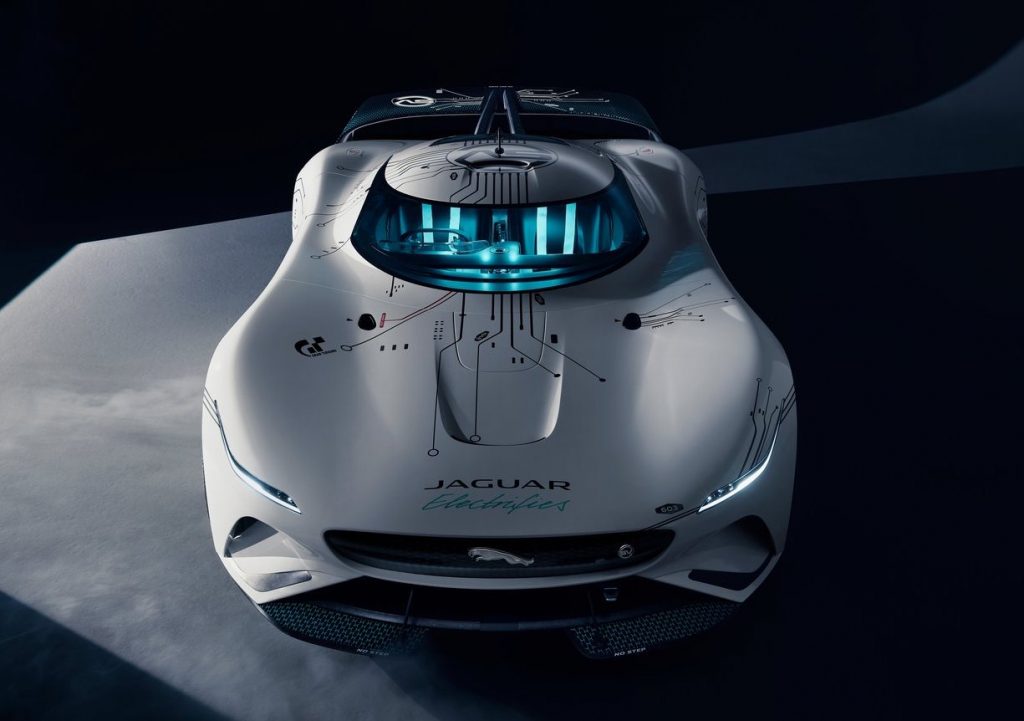
Continuing further both on this topic of culling and Land Rover, the SUV manufacturer is (unsurprisingly) committed to phasing out diesel powertrains by 2026. What does come as a surprise is that the firm believes that hydrogen power will be the way forward in place of diesel, with the aim for an FCEV tech mule on public trial by end of this year.
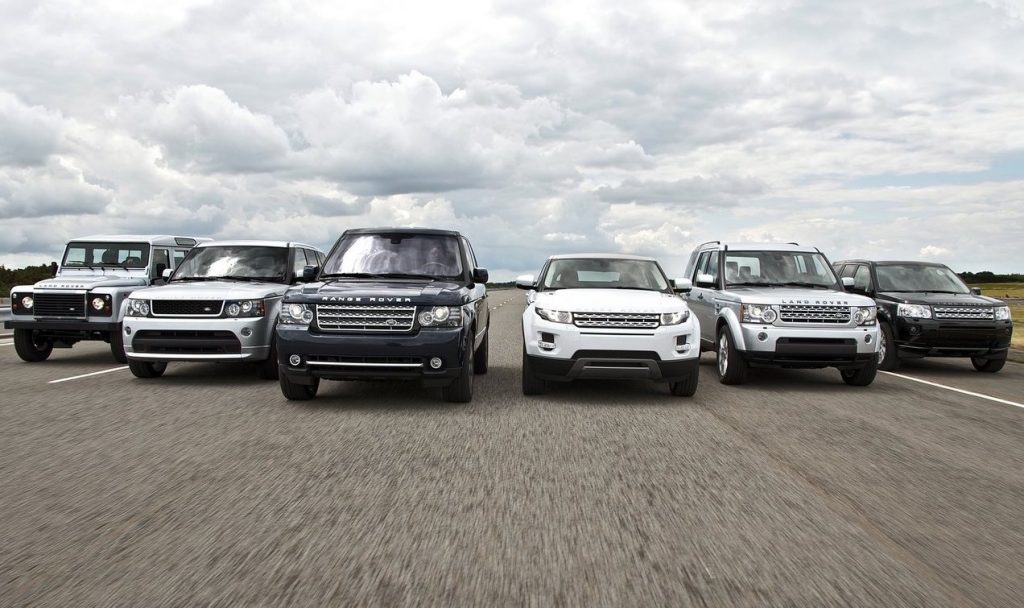
Getting down to brass tacks, JLR intends to commit a whopping £2.5 billion annually into its electrification transformation, as well as its associated connected services such as its Pivotal subscription model. The main aim is for the British auto conglomerate in all of this to achieve positive to achieve positive cashflow net of debt by 2025, with the ultimate target to become “one of the most profitable luxury manufacturers in the world”.
Moving on the environmental side of things, JLR aims for 100% of Jaguar sales and 60% of Land Rover sales to be fully electric by end of the decade. To add to that, the British marque is targeting to achieve a net-zero carbon business status by 2039.
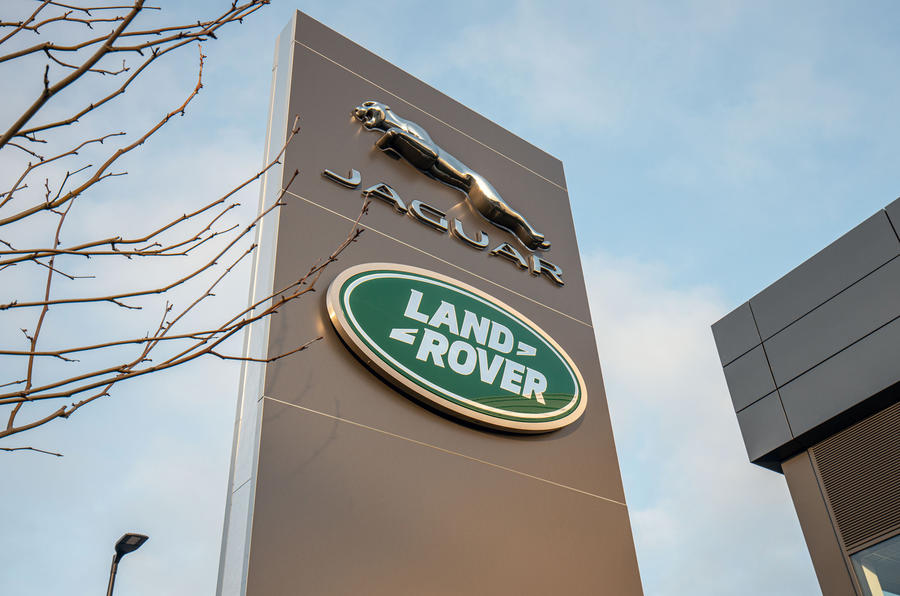
While all this may seem be rather ambitious goals for the oft-struggling JLR, and many a joke has already been made in this short span of time since the story broke that goes along the lines of having a check engine light even in these new British EVs, there are indeed some out there who are cautiously optimistic in thinking that such a radical transformation is perhaps just what the auto conglomerate needs to truly turn things around and finally rise above the quagmire it has been desperately trying to escape from over the last 50 odd years.
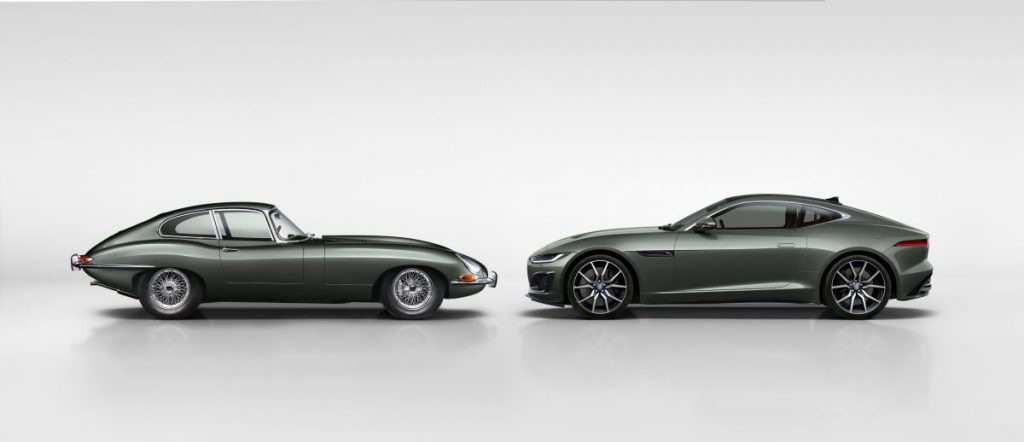
To put it in another sense, JLR in general, but Jaguar in particular, needs to not only have only one halo car to prop up the brand for the coming years going forward (much like what the XJ in the early 2010s, the F-Type in the middle of last decade and the I-Pace was recently). Instead, this British big cat needs to consistently produce desirable cars as part of this major transformation if they are to really take a large bite out of its German rivals during the coming era of electrification.
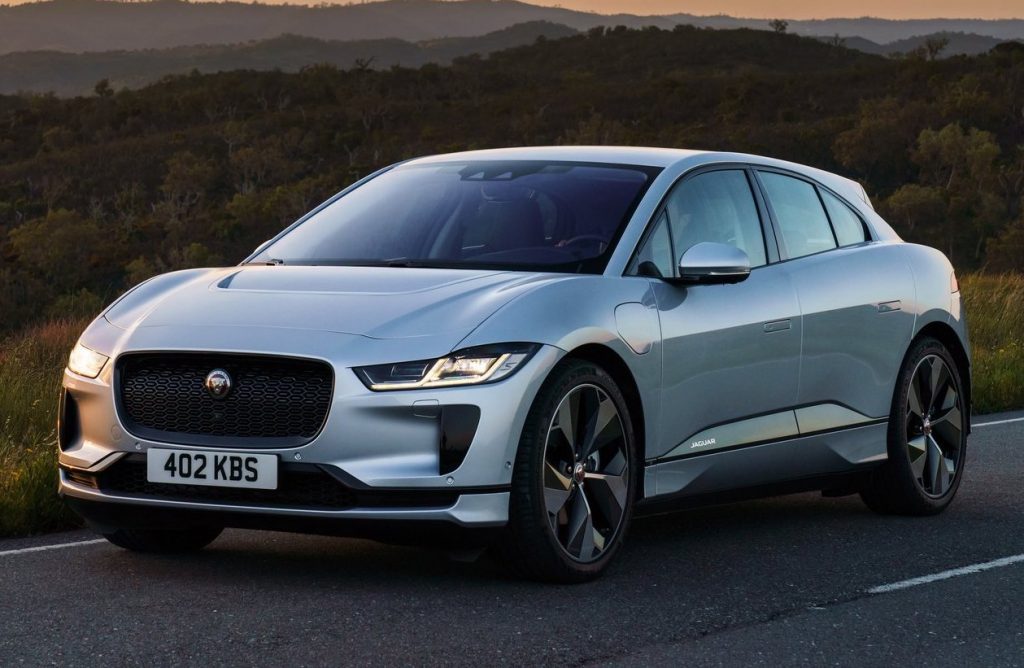
PRESS RELEASE: Jaguar Land Rover will reimagine the future of modern luxury by design through its two distinct, British brands.
Set against a canvas of true sustainability, Jaguar Land Rover will become a more agile creator of the world’s most desirable luxury vehicles and services for the most discerning of customers. A strategy that is designed to create a new benchmark in environmental, societal and community impact for a luxury business.
“Jaguar Land Rover is unique in the global automotive industry. Designers of peerless models, an unrivalled understanding of the future luxury needs of its customers, emotionally rich brand equity, a spirit of Britishness and unrivalled access to leading global players in technology and sustainability within the wider Tata Group.
“We are harnessing those ingredients today to reimagine the business, the two brands and the customer experience of tomorrow. The Reimagine strategy allows us to enhance and celebrate that uniqueness like never before. Together, we can design an even more sustainable and positive impact on the world around us,” said Mr Bolloré.
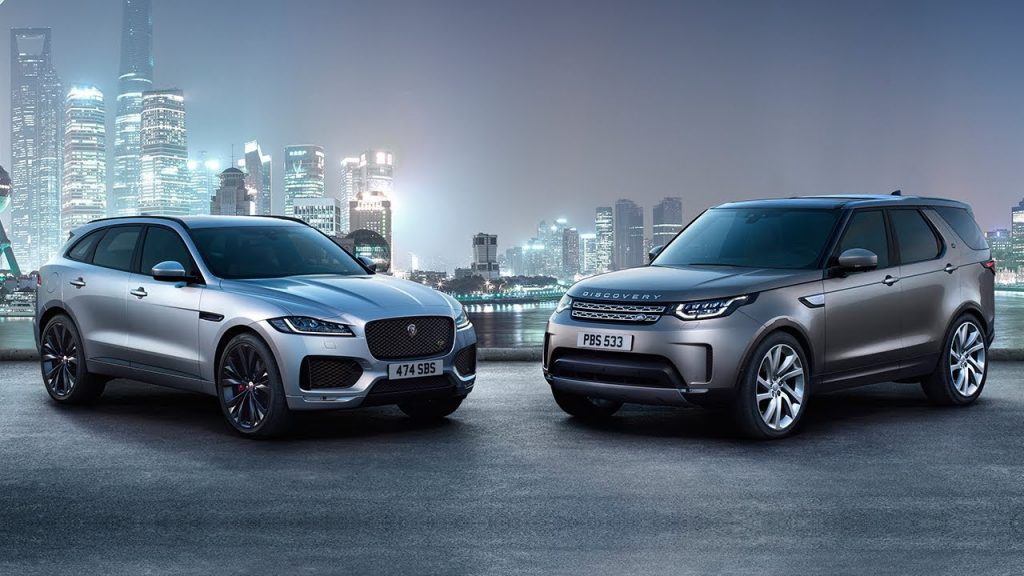
Two distinct modern luxury brands with sustainability at the centre
At the heart of its Reimagine plan will be the electrification of both Land Rover and Jaguar brands on separate architectures with two clear, unique personalities.
In a Land Rover, vehicle and driver are united by adventure. By breaking new ground, confronting new challenges and not being content with the expected, Land Rover truly helps people to go ‘Above and Beyond’. In the next five years, Land Rover will welcome six pure electric variants as it continues to be the world leader of luxury SUVs through its three families of Range Rover, Discovery and Defender. The first all-electric variant will arrive in 2024.
By the middle of the decade, Jaguar will have undergone a renaissance to emerge as a pure electric luxury brand with a dramatically beautiful new portfolio of emotionally engaging designs and pioneering next-generation technologies. Jaguar will exist to make life extraordinary by creating dramatically beautiful automotive experiences that leave its customers feeling unique and rewarded. Although the nameplate may be retained, the planned Jaguar XJ replacement will not form part of the line-up, as the brand looks to realise its unique potential.
Jaguar and Land Rover will offer pure electric power, nameplate by nameplate, by 2030. By this time, in addition to 100% of Jaguar sales, it is anticipated that around 60% of Land Rovers sold will be equipped with zero tailpipe powertrains.
Jaguar Land Rover’s aim is to achieve net zero carbon emissions across its supply chain, products and operations by 2039. As part of this ambition, the company is also preparing for the expected adoption of clean fuel-cell power in line with a maturing of the hydrogen economy. Development is already underway with prototypes arriving on UK roads within the next 12 months as part of the long-term investment programme.
Sustainability that delivers a new benchmark in environmental and societal impact for the luxury sector is fundamental to the success of Reimagine. A new centralised team will be empowered to build on and accelerate pioneering innovations in materiality, engineering, manufacturing, services and circular economy investments.
Annual commitments of circa £2.5bn will include investments in electrification technologies and the development of connected services to enhance the journey and experiences of customers, alongside data-centric technologies that will further improve their ownership ecosystem.
Proven services like the flexible PIVOTAL subscription model (which has grown 750% during the fiscal year), born out of Jaguar Land Rover’s incubator and investor arm, InMotion, will now be rolled out to other markets following a successful launch in the UK.
Quality and efficiency
Reimagine will see Jaguar Land Rover establish new benchmark standards in quality and efficiency for the luxury sector by rightsizing, repurposing and reorganising.
Central to that journey, and in order to establish different personalities for the two brands, is the new architecture strategy.
Land Rover will use the forthcoming flex Modular Longitudinal Architecture (MLA). It will deliver electrified internal combustion engines (ICE) and full electric variants as the company evolves its product line-up in the future. In addition, Land Rover will also use pure electric biased Electric Modular Architecture (EMA) which will also support advanced electrified ICE.
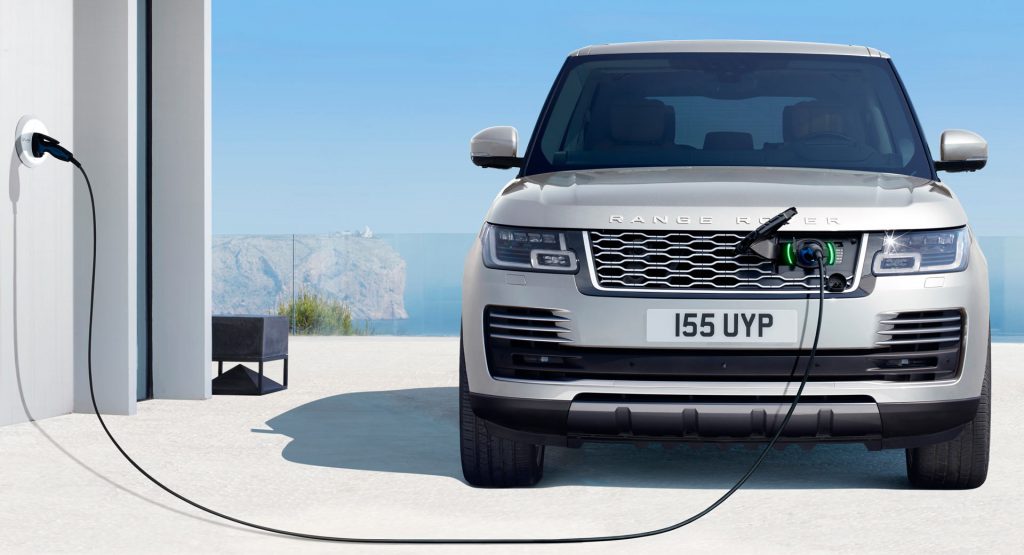
Future Jaguar models will be built exclusively on a pure electric architecture.
Reimagine is designed to deliver simplification too. By consolidating the number of platforms and models being produced per plant, the company will be able to establish new benchmark standards in efficient scale and quality for the luxury sector. Such an approach will help rationalise sourcing and accelerate investments in local circular economy supply chains.
From a core manufacturing perspective that means Jaguar Land Rover will retain its plant and assembly facilities in the home UK market and around the world. As well as being the manufacturer of the MLA architecture, Solihull, West Midlands will also be the home to the future advanced Jaguar pure electric platform.
Key partners including Trade Unions, retailers and those in the supply chain will continue to play a vital part of the extended new Jaguar Land Rover ecosystem and its journey towards reimagining the future of modern luxury.
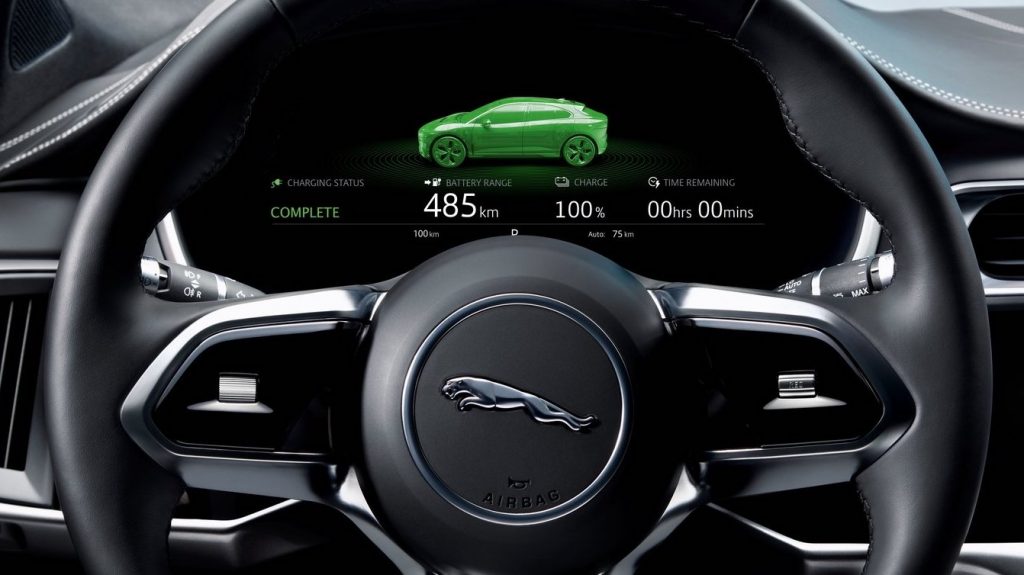
ReFocus to a more agile operation
As evidenced with the latest financial results, Jaguar Land Rover has a strong foundation on which to build a sustainable and resilient business for its customers and their communities, partners, employees, shareholders and the environment.
Driving this transformation is the recently launched Refocus programme, by consolidating existing initiatives like Charge+ with new cross-functional activities.
Reimagine will see Jaguar Land Rover right-size, repurpose and reorganise into a more agile operation. The creation of a flatter structure is designed to empower employees to create and deliver at speed and with clear purpose.
To accelerate this efficiency of focus, the company will substantially reduce and rationalise its non-manufacturing infrastructure in the UK. Gaydon will become the symbol of this effort – the ‘reactor’ of the business – with the Executive Team and other management functions moving into the one location to aid frictionless cooperation and agile decision-making.
Leapfrog to leadership with Tata Group
In order to realise its vision of modern luxury mobility with confidence, the company will curate closer collaboration and knowledge-sharing with Tata Group companies to enhance sustainability and reduce emissions as well as sharing best practice in next-generation technology, data and software development leadership. Jaguar Land Rover has been a wholly-owned subsidiary of Tata Motors, in which Tata Sons is the largest shareholder, since 2008.
“We have so many ingredients from within. It is a unique opportunity,” said Mr Bolloré. “Others have to rely solely on external partnerships and compromise, but we have frictionless access that will allow us to lean forward with confidence and at speed.”
Bringing all these ingredients together, Jaguar Land Rover is on a path towards double-digit EBIT margins and positive cash flow, with an ambition to achieve positive cash net-of-debt by 2025.
Ultimately, Jaguar Land Rover aims to be one of the most profitable luxury manufacturers in the world.
Mr N Chandrasekaran, Chairman of Tata Sons, Tata Motors and Jaguar Land Rover Automotive plc commented: “The Reimagine strategy takes Jaguar Land Rover on a significant path of acceleration in harmony with the vision and sustainability priorities of the wider Tata Group. Together, we will help Jaguar realise its potential, reinforce Land Rover’s timeless appeal and collectively become a symbol of a truly responsible business for its customers, society and the planet.”
Mr Bolloré concluded: “As a human-centred company, we can, and will, move much faster and with clear purpose of not just reimagining modern luxury but defining it for two distinct brands. Brands that present emotionally unique designs, pieces of art if you like, but all with connected technologies and responsible materials that collectively set new standards in ownership. We are reimagining a new modern luxury by design.”
